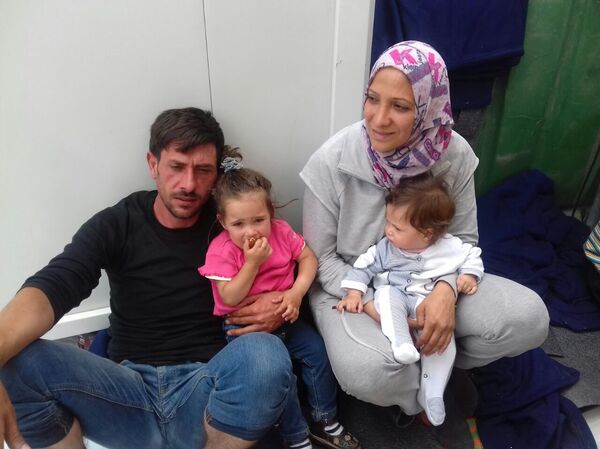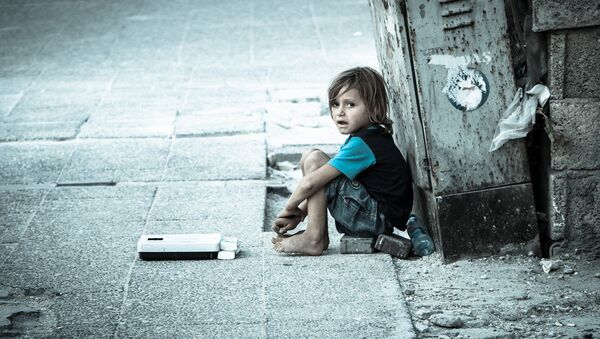In December 2013, Amnesty International (AI) published 'An International Failure: The Syrian Refugee Crisis' which examined the numbers of Syrian refugees European leaders agreed to resettle. At the time, member states only offered to resettle 12,000 vulnerable refugees.
Following the first mass drownings of refugees in the Mediterranean Sea in 2013, United Nations Secretary General Ban Ki-moon called on the international community to "take action to prevent such tragedies in the future."
#MediterraneanGraveyard — #DangerOnTheDeepBlueSea: #UNHCR: 4,272 deaths this year — over 3,400 in #Mediterranean http://t.co/zNqtDgwCim
— Veronique Caruana (@vercaruana) December 14, 2014
In 2014, AI director for Europe and Central Asia John Daluisen said: "The priority must be to protect lives rather than creating an impenetrable fortress."
In October 2015, Peter Bouckaert, director of Human Rights Watch simply asked, "What is the European Union doing?"
The European Union's Schengen Zone, allowing freedom of movement between member states, is in ruin as refugees find themselves stuck in no-man's land.
Hungarian Prime Minister Viktor Orban, who instigated individual border controls and blocks in Eastern Europe called the refugee crisis "Germany's problem, not Europe's" after German Chancellor Angela Merkel said a million refugees were welcome in her country.
Then the "dirty deal" was done. Europe, accused of "outsourcing its dirty work" by Orban, made a deal with Turkey to stop the flow of refugees into Greece.
However, the problem remains a European one.
So-called "hotspots" set up in Greece to process asylum seekers have become detention camps, where people have no idea what they are to do — or where they are to go next.
A group of Syrian refugees are on the tenth day of a hunger strike, protesting their detention.

And despite numerous meetings, summits, money and promises, Europe is still searching for a solution with EU Council President Donald Tusk calling for all leading industrial nations to help solve the crisis at the launch of the G7 summit in Japan.
"We expect the international community to show solidarity and recognize that this is a global crisis," Tusk said.
4,400 invisible dead. Think about it, swimming this summer #Mediterraneangraveyard pic.twitter.com/ujbYxzDwxy
— Roxane van Iperen (@pleitschrijver) April 16, 2015
Whether it's Germany's crisis, Europe's crisis or a global crisis — it's a humanitarian one. And the question still stands, what is Europe doing?




